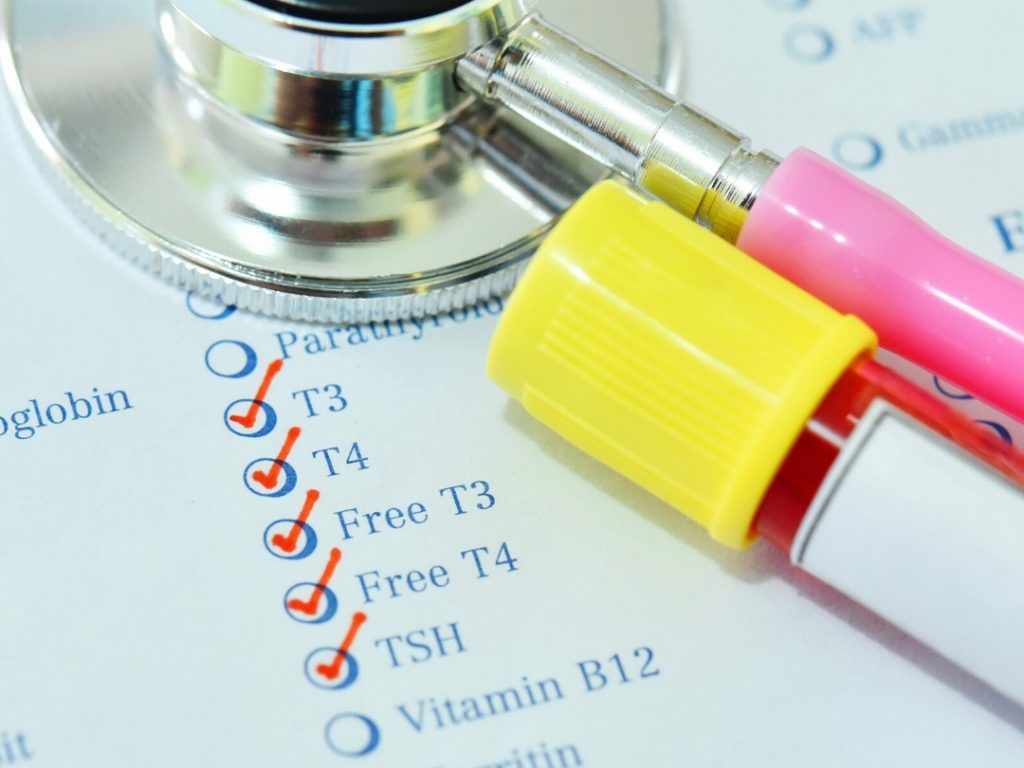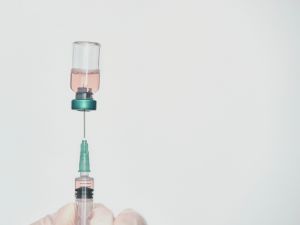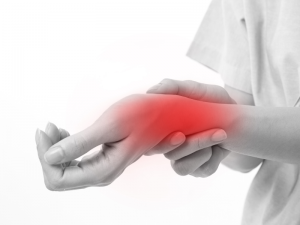Hypothyroidism means an underactive thyroid gland. The most common cause is an autoimmune condition called Hashimoto’s disease, where the body’s immune system mistakenly attacks and gradually destroys the thyroid gland.
Hypothyroidism can occur at any age but is most common in middle-aged women. It occurs when the body’s immune system wrongly attacks and slowly destroys the thyroid gland and its ability to produce hormones. It can also result from surgery to remove the thyroid gland or damage from radiation treatment.

Common Symptoms
Symptoms often develop gradually and may be mistaken for other conditions. These include:
- Fatigue
- Dry skin and thinning hair
- Sensitivity to cold
- Constipation
- Brain fog
- Depression
- Weight gain
- Heavy or irregular periods
- Slow heart rate
- Puffy face
- Goitre (thyroid enlargement)

Goitre
A goitre is a visible swelling in the neck caused by an enlarged thyroid gland. It may not always cause symptoms but can lead to:
- Tightness or swelling in the neck
- Difficulty swallowing or breathing
- Hoarseness
- Dizziness when raising arms overhead
Goitres are more common in women over 40 and areas with low iodine intake. Iodine-rich foods include seafood (such as fish, oysters, and seaweed), eggs, iodised salt, and dairy products.
 Diagnosis and Treatment
Diagnosis and Treatment
Diagnosis involves blood tests for TSH, T4, and thyroid antibodies. While Hashimoto’s cannot be cured, hypothyroidism can be treated effectively with Levothyroxine. In rare cases, surgery may be needed.
Potential Complications
If untreated, hypothyroidism may lead to:
- High cholesterol
- Infertility or miscarriage
- Heart disease
- Nerve damage
- In rare cases, myxoedema coma, a life-threatening condition needing urgent treatment
Note: Too much iodine, often from supplements, can worsen thyroid problems.
Final words
Living with an underactive thyroid or Hashimoto’s can feel frustrating, but you are not alone, and help is available. The key is early diagnosis and ongoing support. If these symptoms sound familiar, speak to your GP or health practitioner. Proper treatment can help restore your energy, lift your mood, and support long-term well-being.
Related Posts in This Series:
-
- Part 1: Thyroid Disorders – The Inside Scoop
- Part 2: Hypothyroidism and Hashimoto’s Disease
- Part 3: Hyperthyroidism
- Part 4: Subclinical Hypothyroidism Explained (this post)







